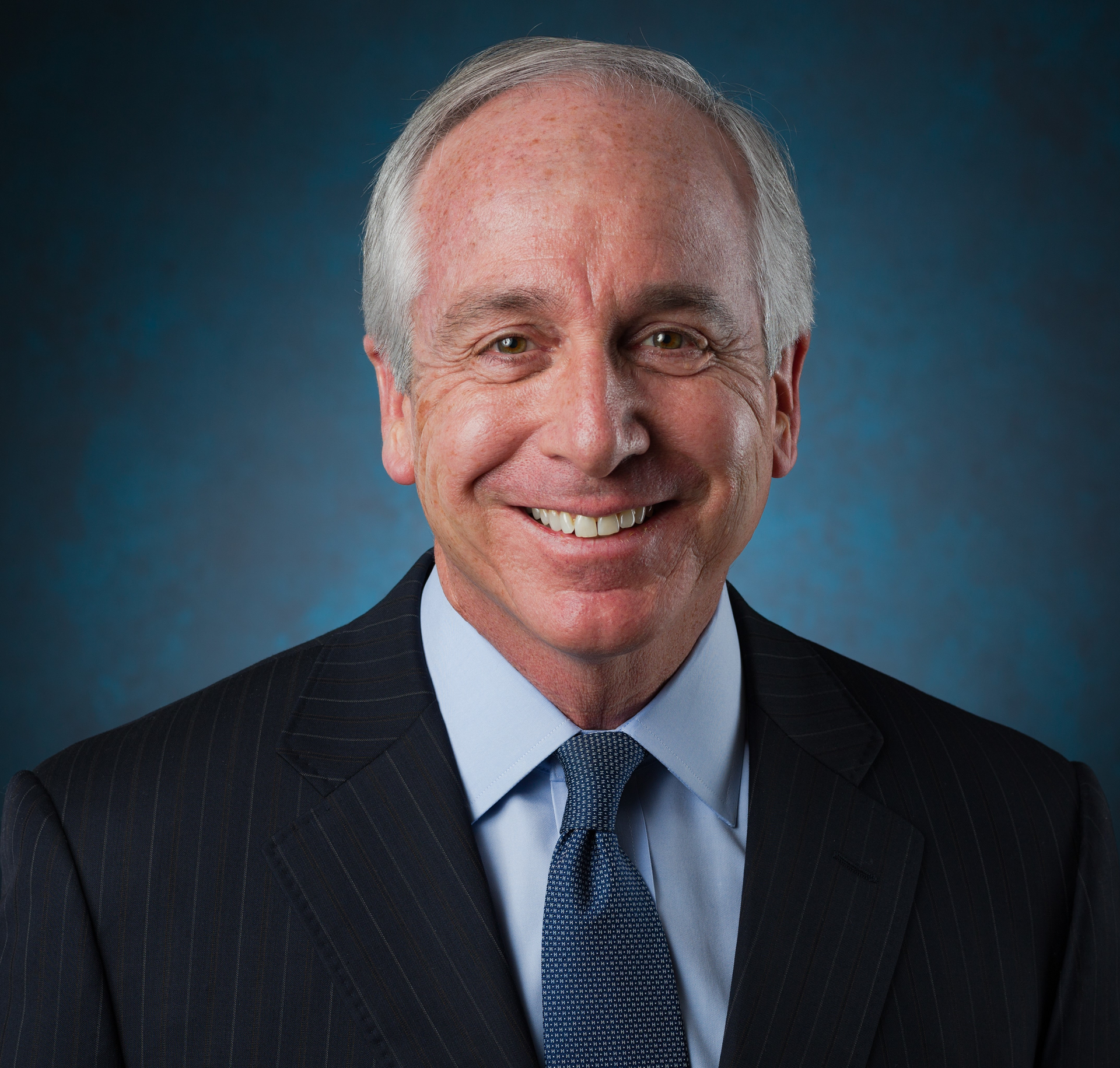The effectiveness of a leader at an accounting firm involves much more than technical know-how or years of experience. If you want your employees to perform at their best, they need to feel valued, empowered and understood. And for that to happen, you need to be an empathetic leader.
What is empathetic leadership — and why does it matter?
Empathy is understanding and relating to what another person is feeling, thinking or experiencing. The proverb about walking a mile in someone else’s shoes doesn’t mean you must agree with their point of view. Instead, it’s about being willing and able to appreciate what they are going through.
These are the key traits of an empathetic leader:
- Authenticity — They are always trying to learn more about who they are and how they can improve.
- Transparent — Whether communicating or making decisions, they believe in open dialogue and active listening.
- Empowering — They support and nurture employees, understanding how each person’s experiences and motivations influence their work.
Why is empathy important? If you can understand and provide what employees really need, they will be better equipped to overcome challenges and handle pressure. Empathy builds trust between you and your workforce, strengthening relationships and, in the long run, boosting collaboration and productivity.
For example: suppose one of your direct reports has personal issues affecting their work. What should you do? Many managers might assume that the compassionate response would be to give the employee time off to resolve their situation. However, after talking to them and getting their perspective, you learn that coming to work gives your report a much-needed respite from dwelling on their problems. So, in this case, rather than a leave of absence, they might need more workplace support.
Four tips for becoming an empathetic leader
To be considered an empathetic leader, you’ll need to demonstrate this attribute in visible and concrete ways for the benefit of your employees and company. Just like many other leadership qualities, empathy can be learned, so consider these four approaches.
Be an active listener
Identifying and solving problems is second nature for good leaders. Sometimes we can be too quick to jump to conclusions when what is really needed is for us to better listen to our employees so we fully understand their concerns.
Try these tips to hone your listening skills:
- Pay attention to nonverbal cues, such as facial expressions, gestures, tone of voice and pace of speech.
- Reserve judgment and ask for clarification on points you don’t understand.
- Check your understanding by paraphrasing for them (“What I hear you saying is…”).
Share your own experiences
Often, the best way to let a team member know you understand what they’re going through is to say, “I’ve been there, too.” You might worry that opening up about yourself could make you appear vulnerable. But the upsides are significant — employees who feel supported are more willing to share their concerns, allowing you to create solutions before bigger problems arise.
Tell your tale with compassion and humor. Perhaps it was an audit nightmare, a difficult client or a presentation that went off the rails. The goal is to show your human side while remaining professional, so remember to avoid off-limit topics such as HR issues, personal information or company secrets.
Champion your employees’ needs
Many employees hesitate before speaking up, often because they think they might not be heard or fear it might backfire on them. Take the return to the office as an example. While many company leaders still struggle with the idea of employees working a hybrid schedule permanently, a survey for Robert Half’s 2023 Salary Guide found that 75% of respondents said they want to work at least part of the time remotely.
How do you walk this fine line between the prevailing company mindset and your workers’ needs? One way is to use data-driven evidence to persuade other leaders about the value and rewards of flexible work, whether higher levels of workforce productivity, reduced real estate costs or meaningful progress toward diversity, equity and inclusion goals.
Watch for signs of stress or unhappiness
Employee mental health is a pressing issue for organizations, as factors such as heavier workloads chip away at workplace well-being. A recent Robert Half survey found that around two in five (41%) workers report feeling more burned out than a year ago.
Look out for signs of overwork in your team before burnout becomes an issue. You might need to take a few extra minutes each week to check in and gauge how they’re handling their current workload, especially during busy periods like tax season. If you have remote team members, make sure they know that communication channels are always open. A good rule of thumb is to talk one-on-one to employees two to three times more than you would in an office.
Empathetic leaders listen actively, build bonds by sharing their own experiences and support their employees’ needs. And team members who see that their manager recognizes them as individuals rather than another cog in the wheel are more engaged and willing to go the extra mile.
=====
Paul McDonald is a senior executive director at talent solutions and recruiting firm Robert Half. He writes and speaks frequently on hiring, workplace, leadership and career-management topics. Over the course of more than 35 years in the staffing industry, he has advised thousands of company leaders and job seekers on how to hire and get hired.
Thanks for reading CPA Practice Advisor!
Subscribe Already registered? Log In
Need more information? Read the FAQs
Tags: Firm Management, Staffing





